Originally published on July 4, 2018:
Mylan – makers of the lifesaving epinephrine autoinjector, the EpiPen – could soon be facing serious competition in the US market as Novartis’ generics unit Sandoz has partnered with biopharmaceutical company Adamis Pharmaceuticals to commercialize their anaphylaxis product Symjepi (epinephrine). Sandoz will pay an undisclosed upfront fee to acquire the exclusive US commercialization rights for Symjepi, with Adamis retaining the option to collect performance-based milestone payments down the line.
The two companies will split profits from Symjepi equally, and while Adamis will retain the right to commercialize the combination product outside of the US, Sandoz will have the option to negotiate to gain exclusive access to these territories. The deal applies to both the FDA-approved 0.3mg dose of Symjepi and the 0.15mg product, which has yet to secure approval from the regulator. These epinephrine concentrations correspond to the EpiPen and the EpiPen Jr, respectively, making Symjepi a direct competitor to Mylan’s autoinjector products on the US market.
“We are very excited about our collaboration with Sandoz,” said Dr. Dennis J. Carlo, President and CEO of Adamis. “They are among the top pharmaceutical companies in the world and we believe they have the commercial presence and proven track record to maximize the value of Symjepi. We believe the financial terms of this agreement have the potential to bring meaningful recurring revenue to Adamis and we look forward to growing, and possibly expanding, this partnership with Sandoz based on the future success of Symjepi in the market.”
Adamis secured FDA approval for Symjepi just over a year ago, however it’s taken some time for the company to find a commercialization partner to launch the epinephrine injection on the lucrative US market. While the list price of the device has not been set, the company previously stated that it planned on positioning Symjepi as a cheaper alternative to the EpiPen and other rivals.
RELATED: EpiPen Shortage in Canada Still Affecting Supply
The rising cost of Mylan’s EpiPen has sparked outrage in the patient community in recent years as pharmaceutical companies have faced increasing pressure to justify drug pricing practices. For its part, Mylan launched an authorized generic version of the EpiPen in 2016 priced at $300 for a two-pack, a 50 percent savings over the branded autoinjector.
But sales of the blockbuster drug have been sliding in recent years, with Mylan missing out on $655 million in sales in the North American market in 2017, compared to the previous year. While multiple factors have contributed to this decline, the availability of competitor products has almost certainly eaten away at their dominant market share. In 2017, Kaléo Pharma launched their Auvi-Q device at a surprisingly steep list price of $2,250 apiece, a cost that dwindles down significantly when a patient’s copay assistance is taken into account. That same year, CVS pharmacies also began selling another EpiPen alternative – the Adrenaclick – at $109.99 for a pack of two.
A 2017 EpiPen recall and more recent ongoing manufacturing issues which have affected the supply of the product primarily in the Canadian market have also negatively impacted Mylan’s bottom line. Sandoz’ commercialization agreement for Adamis’ Symjepi is likely to further chip away Mylan’s EpiPen profits.

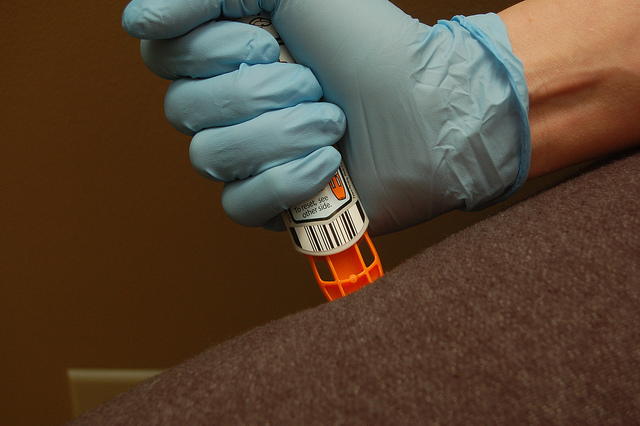
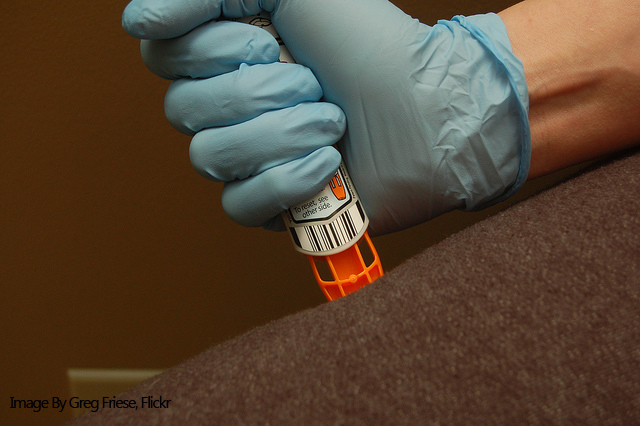
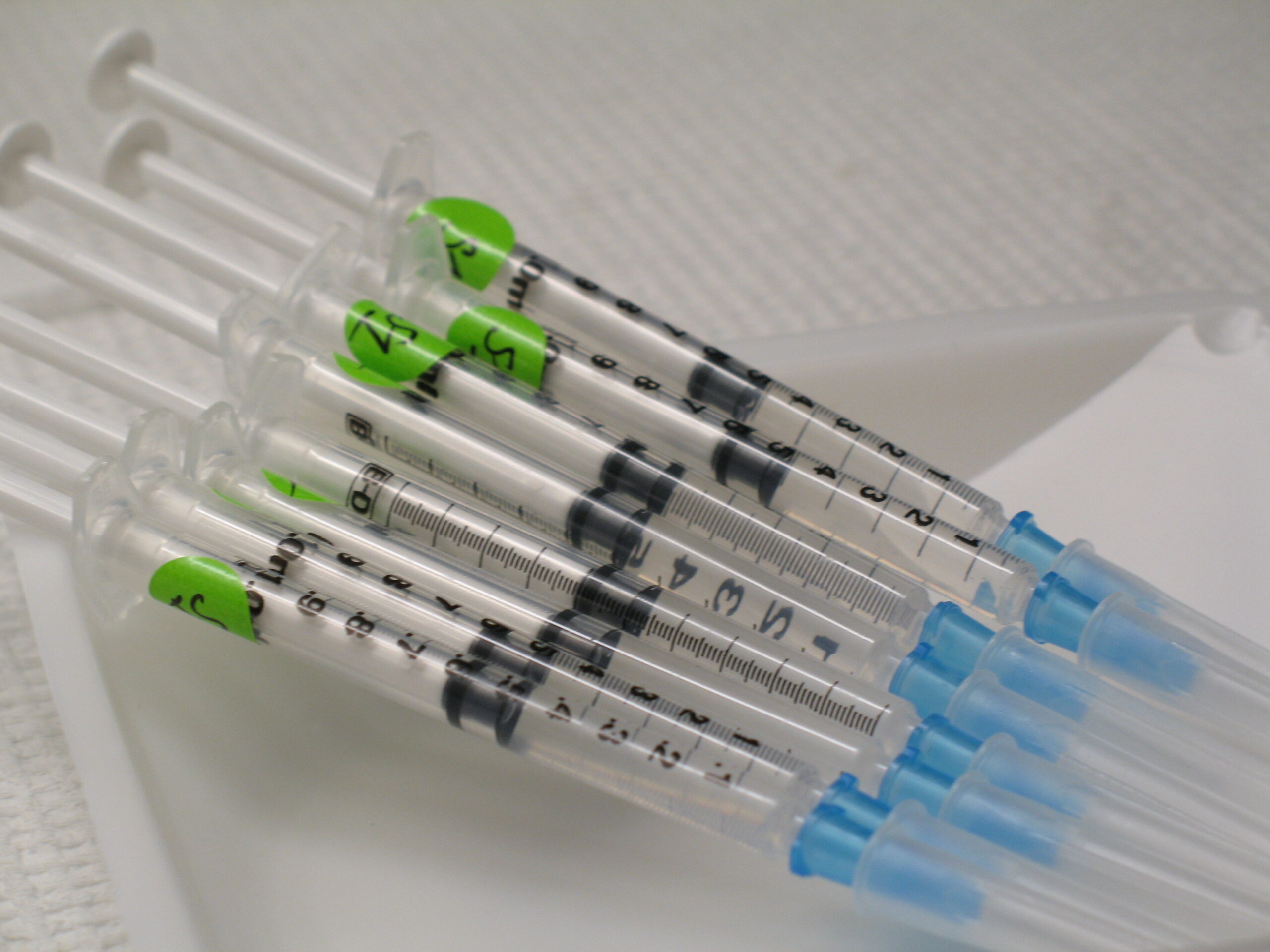
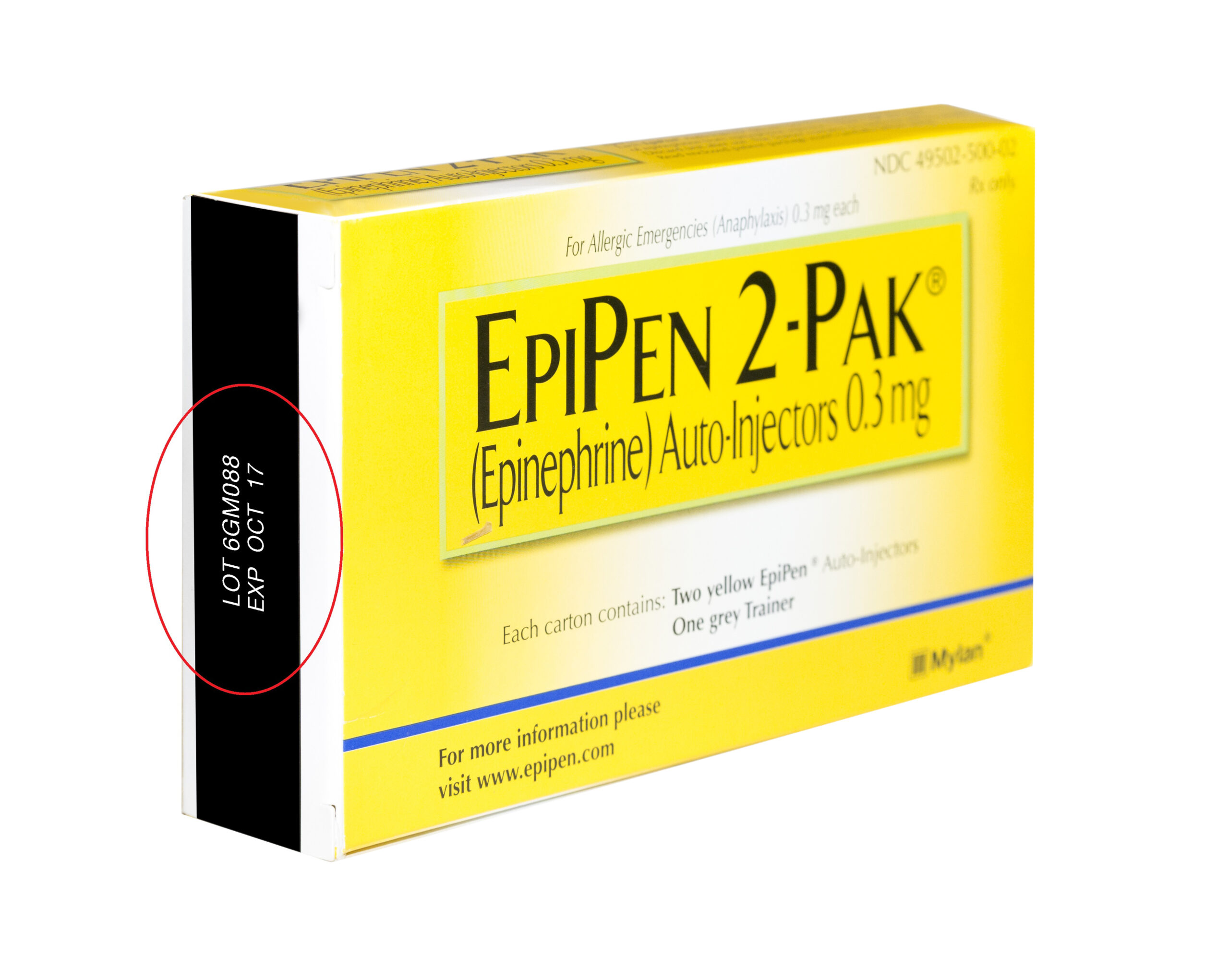
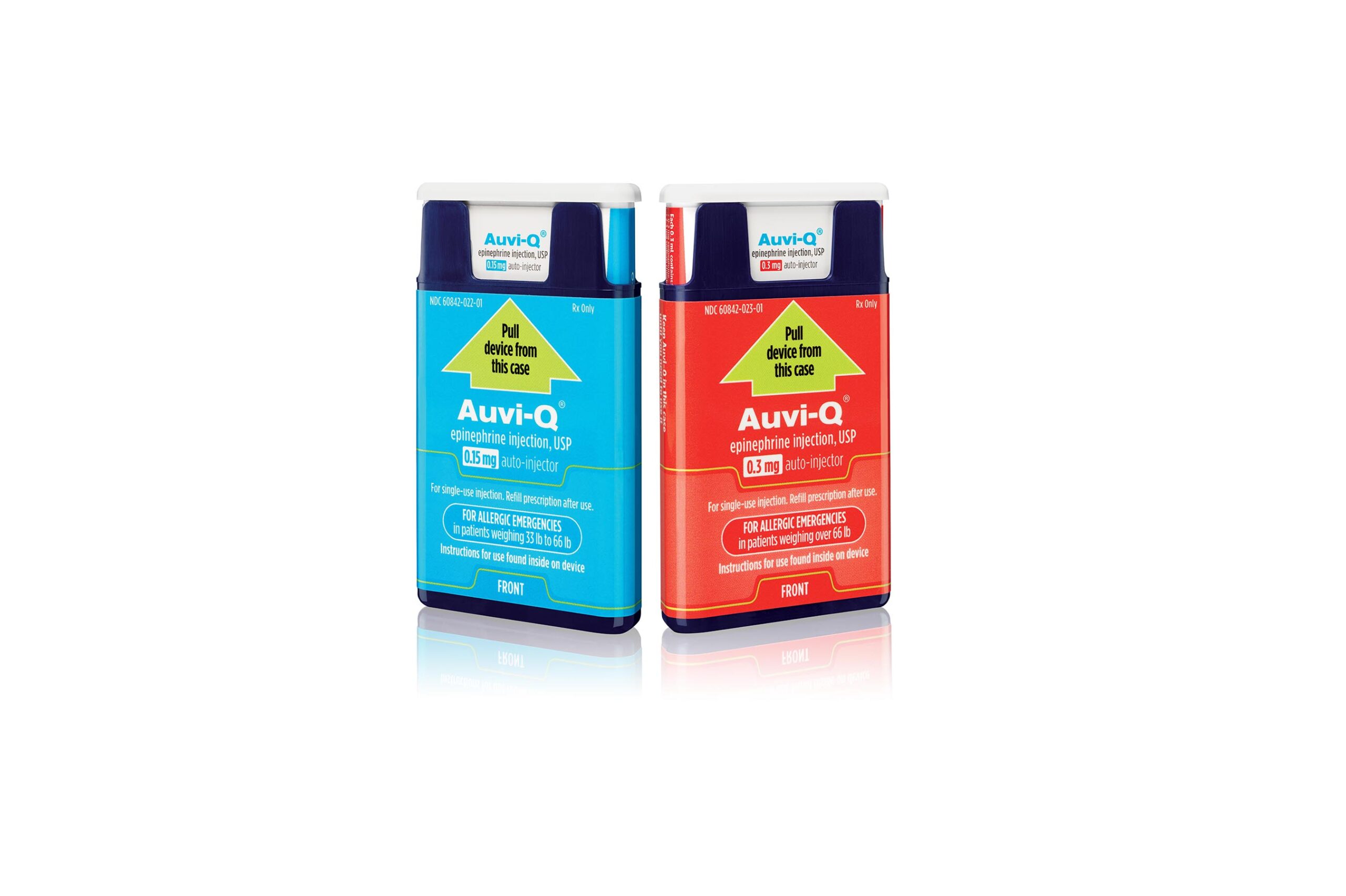
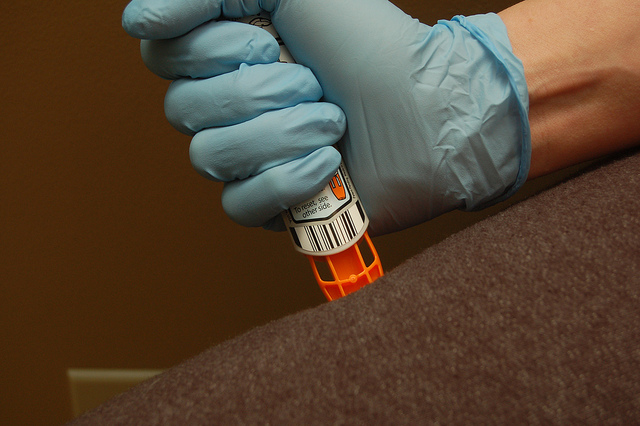





Join or login to leave a comment
JOIN LOGIN